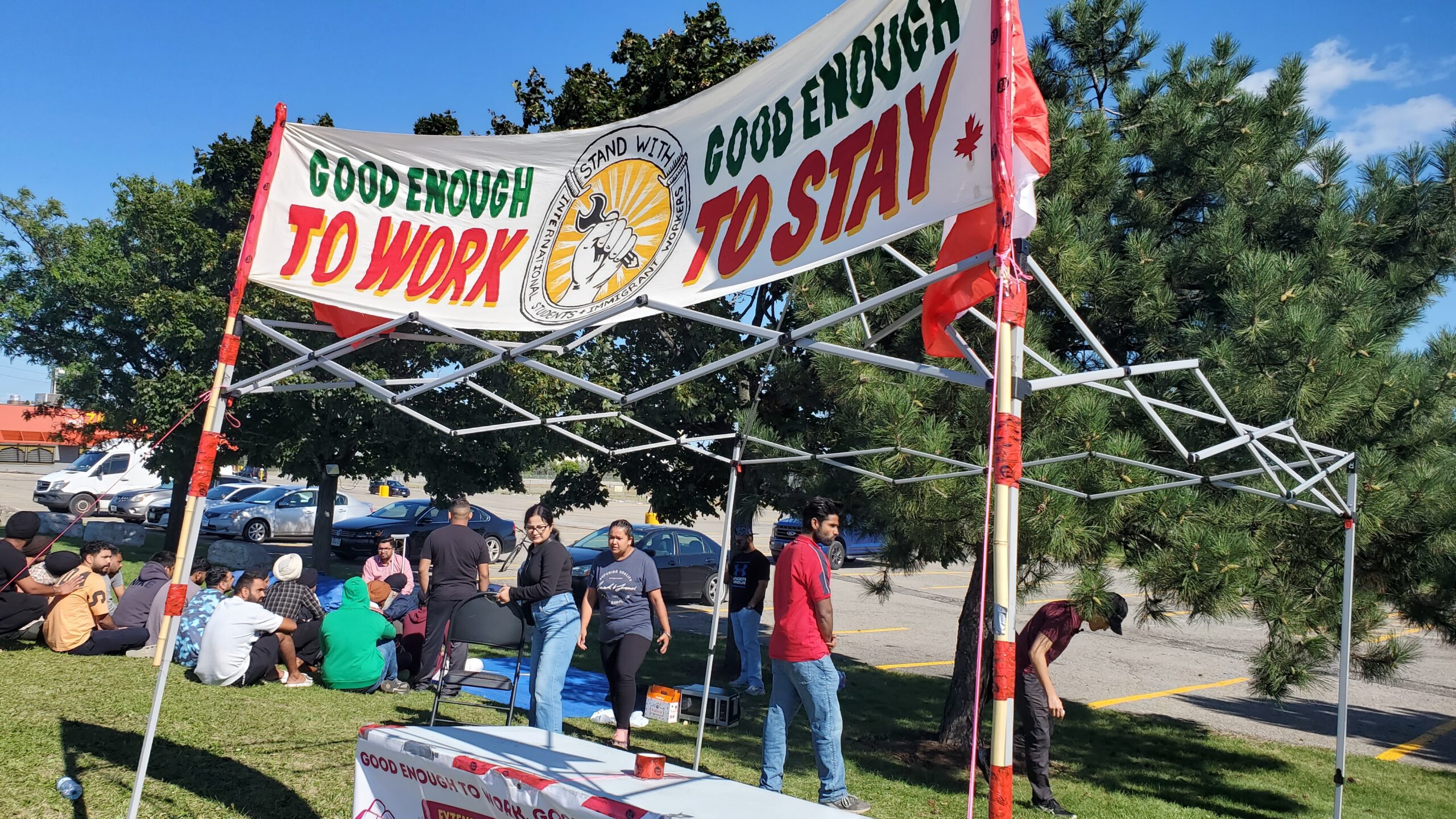Prime Minister Justin Trudeau announced on Monday the federal government‘s intention to tighten rules for the Temporary Foreign Worker (TFW) Program in Canada. In the context of the COVID-19 pandemic, the Canadian government cited a labour shortage to loosen immigration rules for temporary foreign workers. Two years later, Trudeau and the Liberals now believe these workers are no longer needed.
The federal government allows employers the ability to hire TFWs by filling out a Labour Market Impact Assessment (LMIA). To receive a positive assessment, employers must demonstrate a need for foreign workers due to a local shortage. They must also have a track record of not laying off local employees in similar roles in the past year. However, the government now says that this program is being misused.
The Government of Canada will now refuse to process LMIAs where the unemployment rate is over 6%. Furthermore, employers will be allowed to hire no more than 10% of their total workforce through the TFW Program and employment for workers will be reduced to a one-year term.
In many places, this could mean a loss of employment for workers who, without this temporary work permit, will lose their rights and their visa and risk deportation. North Star spoke to protesters in Brampton from the Naujawan Support Network, a group working to stop the exploitation of international students and workers.
Harry was at the protest against the visa withdrawals. He explains that he and the other protesters came to Canada as foreign students and then obtained their work permits. “There was a process that was promoted hugely in Asian countries that you can come [to Canada], study, work and then get your permanent residency over here.”
The change in the TFW program will leave nearly 70,000 immigrants at risk of deportation, including Harry. “Next month, my work permit is expiring, and the government is not willing to give us any extension right now. They are not giving us a proper pathway to permanent residency.” He now finds himself punished by the government for answering the call made to him, and the future in Canada he had been promised seems increasingly distant.
Beyond having no pathway to a permanent residency, international students face exploitation at the hands of their universities, employers, and the government. Harry recounts paying triple the tuition for his college education compared to a Canadian permanent resident or citizen:
“We are facing exploitation at every place, first at college, then at the workplace, and then when it’s time for the permanent residency, now government is again exploiting us.”

Economists have cited an increase in immigration as a factor for increased pressure on the house market and, in turn, higher home prices. However, Mehakdeep, another protester, challenges this narrative. “I haven’t met any international students or work permit holder who can buy a house or has bought a house.”
While a large wave of immigration may be one of the factors contributing to the worsening shortage of affordable rental housing, the problem lies above all in the financialization of the real estate market. This has led to big landlords owning an ever-increasing number of apartments and a proliferation of new housing that is inaccessible to working people in Canada.
Mehekdeep explains, “I studied in Fleming College and pursued an HVAC certificate. Then I started looking for a job. I got to know that they will only pay me 12 bucks an hour. That is under minimum wage. I am being exploited.”
“We came here for a better future,” he adds. “My parents were depending on me. So if I have to go back, I don’t know what I will do, what my parents will do. The Liberals have used us, and now they are throwing us away.”
Employment and Social Development Canada describes the TFW Program as “an extraordinary measure to be used only when qualified Canadian or permanent residents are not able to fill job vacancies.”
Mehakdeep feels similarly. He says that employers “[use] LMIAs when working conditions are not good enough. People who are already in Canada don’t want to work in that condition. They bring in people from other countries or [immigrants] within Canada and just give them a job which extends their work permit or provides a work permit in Canada. Those are not permanent residency supporting.”
According to Immigration, Refugees and Citizenship Canada, 856,280 temporary foreign worker permits became effective in 2022. This was an 88% increase from 2019. A recent UN report called Canada’s temporary foreign workers program a “breeding ground for contemporary forms of slavery.”

